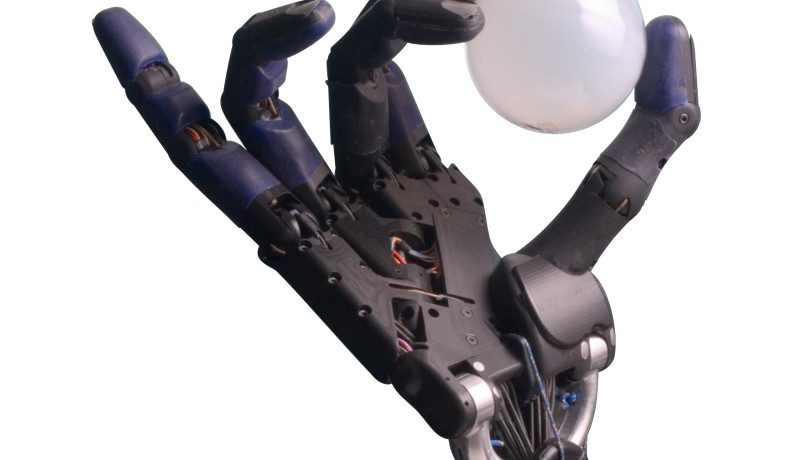OpenAI: Taming Superintelligence by Sharing It
December 16, 2015
on
on

One of the threats of human-level artificial intelligence (or beyond) is it ending up in the hands of a few, which will give them great power over the rest of humanity. OpenAI, a non-profit AI research company promises to open source its results.
The founding of OpenAI was announced last week. The project is backed by a billion dollars in funding and infrastructure put together by serial entrepreneur Elon Musk and Sam Altman, President of startup incubator Y Combinator (YC) who'll both also take on a position of co-chair. Others who have contributed are venture capitalist Peter Thiel, YC founding partner Jessica Livingston and Amazon ASW. The research director is Ilya Sutskever, a machine learning expert who worked on AI at Google's Brain Team before switching to OpenAI.
The aim of OpenAI is “to advance digital intelligence in the way that is most likely to benefit humanity as a whole, unconstrained by a need to generate financial return.” The founders believe that not having to worry about profits for shareholders will enable them to “better focus on a positive human impact”.
The research done at OpenAI will be made publicly available and should any patents be filed others can use them for free. The founders of the non-profit believe that if AI is accessible to everybody it has a greater chance to develop in a direction that is to the greater good of humanity.
The founding of OpenAI was announced last week. The project is backed by a billion dollars in funding and infrastructure put together by serial entrepreneur Elon Musk and Sam Altman, President of startup incubator Y Combinator (YC) who'll both also take on a position of co-chair. Others who have contributed are venture capitalist Peter Thiel, YC founding partner Jessica Livingston and Amazon ASW. The research director is Ilya Sutskever, a machine learning expert who worked on AI at Google's Brain Team before switching to OpenAI.
The aim of OpenAI is “to advance digital intelligence in the way that is most likely to benefit humanity as a whole, unconstrained by a need to generate financial return.” The founders believe that not having to worry about profits for shareholders will enable them to “better focus on a positive human impact”.
The research done at OpenAI will be made publicly available and should any patents be filed others can use them for free. The founders of the non-profit believe that if AI is accessible to everybody it has a greater chance to develop in a direction that is to the greater good of humanity.
Read full article
Hide full article


Discussion (0 comments)